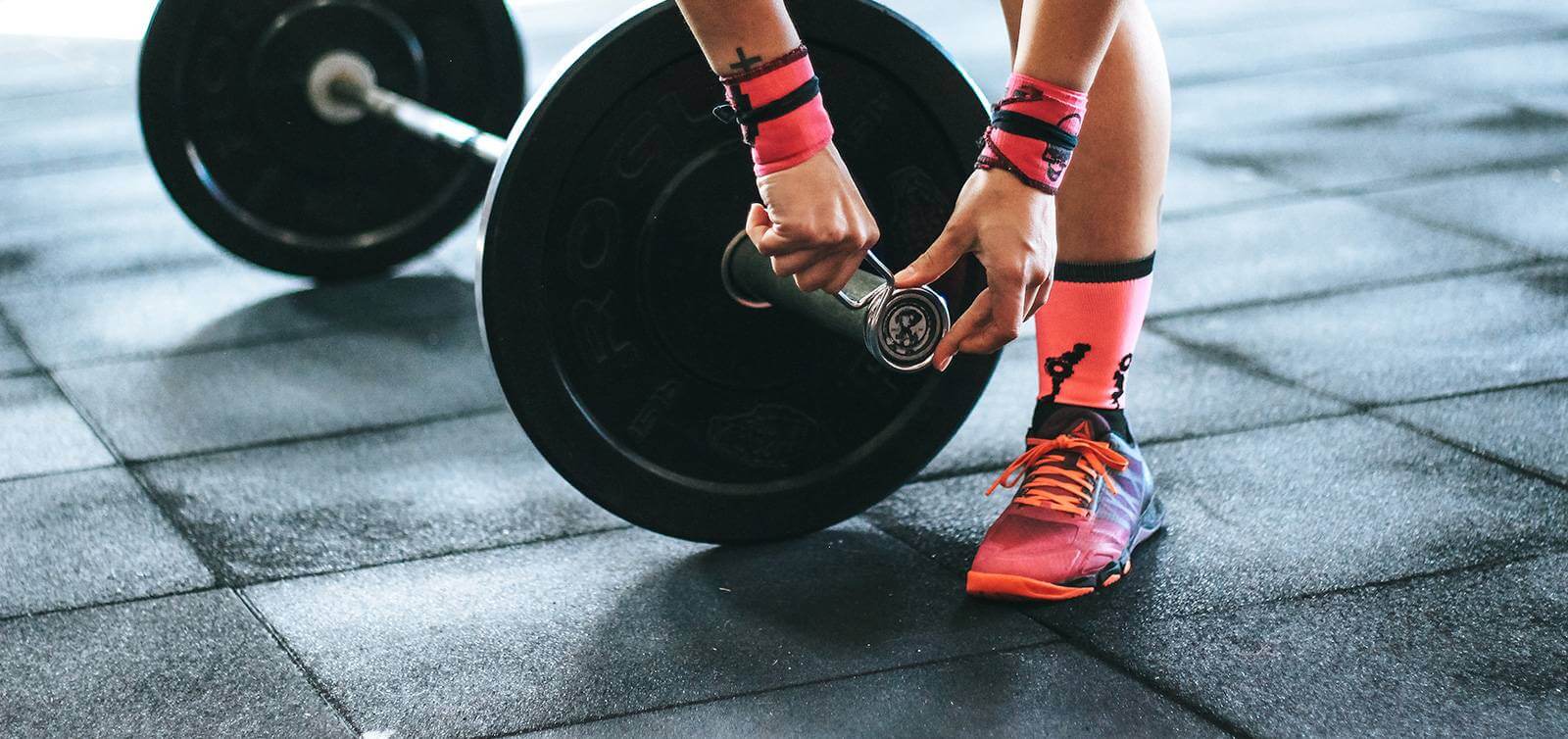
Triathlon
What Are Biomarkers And How Do They Help Improve Fitness And Performance?
Biomarkers are used throughout medicine, including sports medicine, to measure health and monitor illness. But what are they, why are they important to athletes, and how can they prevent problems before they arise?
1 min read
Published on
February 20, 2020
Written by
EDGE
Share this article
In this article we explain what Biomarkers are, the key biomarkers to measure and how they help improve health and performance.
BIOMARKERS AND THE ROLE THEY PLAY IN PERFORMANCE
Biomarkers is short for biological markers and refer to anything that can be measured to give insight into health levels.
Most people have had biomarker testing in some form to help diagnose illness or disease. Doctors frequently use them to check for the levels of key chemicals, hormones or substances in the blood. This helps them to identify a pathogen, monitor inflammation or determine dietary insufficiencies or excesses that can be a cause of or precursor to disease.
We’re all familiar with the idea of blood cholesterol levels as an indicator of risk of heart disease, blood insulin levels and diabetes risk, white blood cell count indicating infection, or hormone levels that fluctuate with the menstrual cycle in women. Each of these is a biomarker.
WHY ARE BIOMARKERS IMPORTANT FOR ATHLETES?
But biomarkers aren’t just useful for diagnosing disease. Biomarkers can also be used to monitor health and fitness and are an incredible tool for the athlete. It helps them to get an accurate picture of how their training, nutrition and recovery is affecting their own unique physiology.
Each and every athlete is unique. Coaches tailor training programmes to cater to the ambitions, strengths and weaknesses of the athlete, taking into account feedback from the athlete on how they’re feeling. For example, if an athlete is feeling tired or their power output is low, it could be for any number of factors. Have they been overtraining? Are they fighting off a low-level infection? Are they deficient in a key micronutrient? And should they push through or rest?
The quickest and most accurate way to identify the cause and take the right course of action is through biomarker testing.
Common biomarkers that sports scientists use include:
-
Creatine kinase – gives insight into muscle recovery status
-
Red blood cell count – indicates oxygen carrying capacity of blood
-
Ferritin and B12 – micronutrient biomarkers that impact energy levels
HOW CAN BIOMARKERS PREVENT PROBLEMS?
Biomarkers aren’t just useful for identifying and addressing existing problems, they can also be used to prevent problems arising in the first place.
Regular biomarker testing builds up a personalised set of levels that indicate the normal levels for that individual athlete., creating a personalised biomarker profile. If a set of results come in where the levels in one or more areas are outside the normal range, this can indicate that there’s potentially an issue.
Hormonal biomarkers are a good example. Sex hormones like testosterone and oestrogen are excellent indicators of overall health, and should those levels drop, it’s often an indicator of an underlying issue such as chronic under-fuelling. If this were to continue, it can lead to RED-S or Relative Energy Deficiency in Sport, which can in turn lead to other problems such as bone weakness, low energy and amenorrhea in female athletes.
It can also help ensure that athletes train sustainably, allowing them to perform to their individual peak without negatively affecting their long-term health. Monitoring means athletes can confirm whether they’ve rested sufficiently after a big event or race before beginning to train again. Or recovered enough after injury and illness to push themselves once more without causing further harm.
Biomarkers give athletes insight into their own physiology and fitness, allowing them to train efficiently and sustainably while avoiding injury.
Blood test for
Triathletes
Male & Female Tests
sports doctor review
Results in 2 working days
Flexible subscription
Get 10% off your first order
Want regular tips on how to make the most of your results? Join our newsletter and we'll give you 10% off your order!
